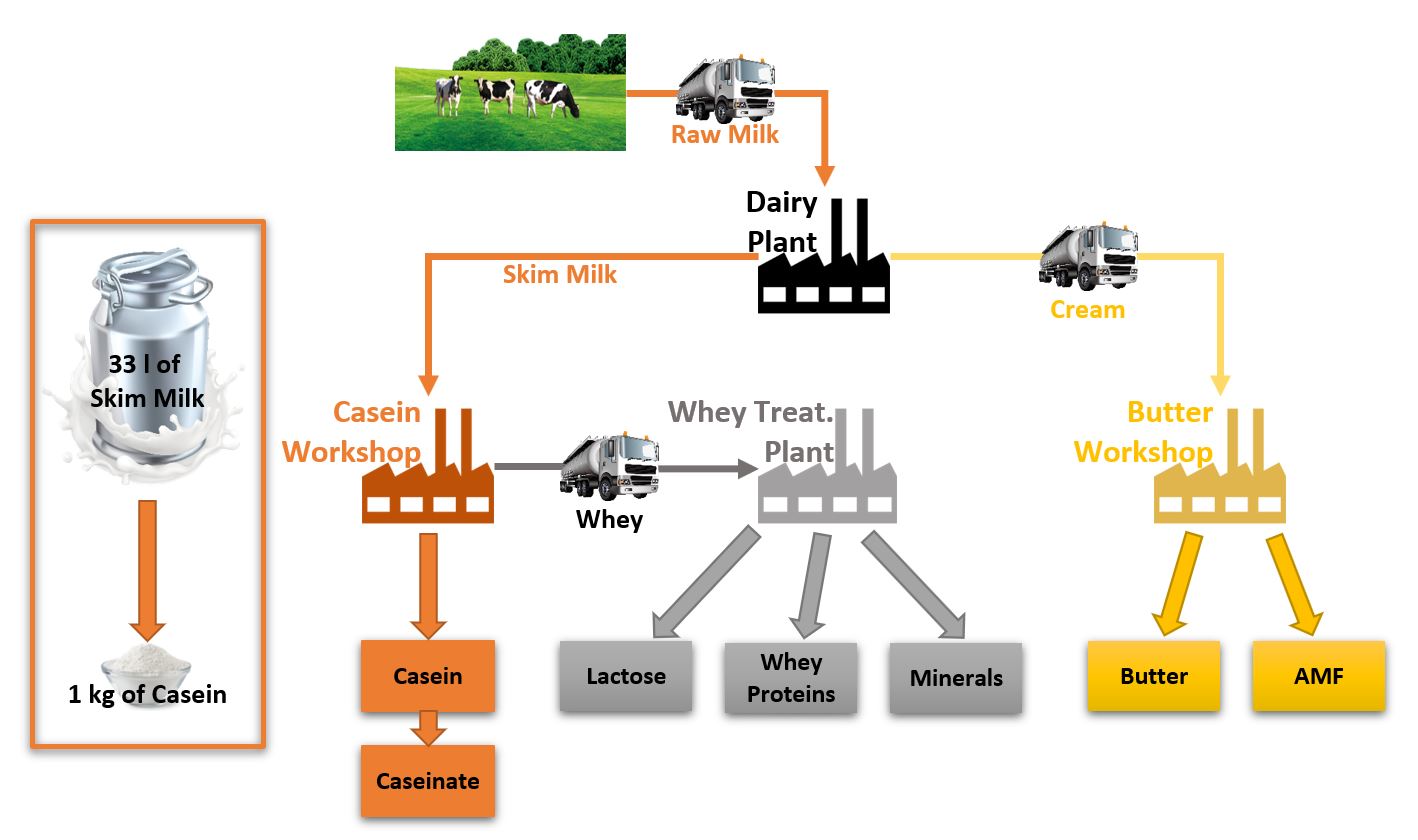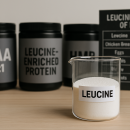Casein protein supplements have long been a staple in the world of sports nutrition and muscle building. Derived from milk, casein protein offers unique benefits and a rich amino acid profile.
However, in recent years, the popularity of casein protein supplements has experienced a shift.
In this article, we will delve into the historical trends, benefits, different types of casein, and the evolving factors, including price considerations, that have influenced the popularity of casein protein.
Historical Trends
Casein protein gained prominence as a slow-digesting protein decades ago. They were once a staple in supplemens before the emergence of whey in the 90s.
Casein is ideal for promoting muscle recovery and growth during periods of rest, such as overnight sleep.
Bodybuilders and athletes embraced casein protein as part of their nutrition regimen to support muscle maintenance and reduce muscle breakdown. Casein-based supplements were in abundance.
My first protein supplements, namely Casilan90, Sanatogen and Forceval Protein, all contained casein proteins.
Benefits of Casein Protein
Sustained Amino Acid Release
Casein protein forms a gel-like substance in the stomach, resulting in a slow and sustained release of amino acids into the bloodstream. This slow digestion rate provides a continuous supply of nutrients to muscles over an extended period, promoting muscle protein synthesis and reducing muscle catabolism.
The amino acid profile of casein protein, particularly its high content of essential amino acids, supports muscle recovery, repair, and growth. It provides the building blocks needed for protein synthesis and the repair of muscle tissue after intense exercise.
Increased Feeling of Fullness
Casein protein has been associated with increased satiety due to its slower digestion rate. This can be beneficial for individuals looking to manage their appetite, support weight loss or weight maintenance goals.
Casein is still used in “protein desert”-type products due to its ability to form a mousse-like consistency when mixed.

Different Types of Casein
There are several types of casein protein available in the market, each with unique characteristics:
- Micellar Casein: Micellar casein is the most common form of casein protein supplement. It is made by filtering milk to isolate the casein proteins, which are in the form of micelles. Micellar casein has a slow digestion rate, releasing amino acids gradually over an extended period.
- Calcium Caseinate: Calcium caseinate is derived from casein protein by adding calcium ions. It is often used in protein blends and provides a slower release of amino acids compared to whey protein.
- Sodium Caseinate: Sodium caseinate is produced by treating casein protein with sodium hydroxide. It is commonly used as a food additive and can be found in various processed foods.

Source: Hervé LEVRAGUE -Food Engineer. https://www.hl-process.com/en/caseins-and-caseinates/
Why did the popularity of casein decline?
The popularity of casein protein supplements has seen changes in recent years, influenced by various factors, including price:
- High Cost: Casein protein supplements are typically priced higher compared to other protein sources, such as whey protein. This price differential has influenced consumer decisions, especially among those with budget constraints or seeking more affordable options. Most people I have spoken to have dropped casein protein due to budget considerations.
- Competitive Market: The protein supplement market has become highly competitive, with a wide range of options available. Whey protein, for example, offers faster digestion and is often more cost-effective. Additionally, the market has seen the emergence of alternative protein sources like plant-based proteins, which cater to diverse dietary needs and preferences.
- Taste and Texture: Casein protein has a thicker and creamier consistency compared to other protein sources. Some individuals may prefer lighter and more enjoyable tasting options like whey protein, leading to a shift in preferences.
Future Potential
In terms of usage in products, there is still some potential for casein protein. Casein will still be used for specific athletic formulas like sustained-release proteins (in conjunction with other protein sources), night-time recovery formulas and muscle building shakes.
Casein can still be integrated into functional foods and beverages like protein bars, ready-to-drink shakes, dairy alternatives, or fortified foods to provide a high-quality protein source with added functional benefits.
Casein’s slow digestion. amino acid profile and thickening properties can still justify a use in weight management/ satiety products and medical nutritional formulas for specific usage like elderly individuals, post-surgery recovery.
Last but not least, casein-derived peptides can also see an increased use in products. For instance, Lactium® is a specific casein-derived peptide that has gained attention for its potential calming and relaxing effects. It is a bioactive peptide derived from the milk protein casein through enzymatic hydrolysis.
However, in considering the future directions of casein protein in product usage, it’s important to acknowledge that cost will play a significant role. The affordability and cost-effectiveness of casein protein compared to other protein sources will influence its adoption and prevalence in various products.
Disclaimer: I am not affiliated with Ingredia, the manufacturer of Lactium®, and I have not received any remuneration for writing this article. The information provided is based on my research and personal experience as a product development scientist, and I am sharing my insights with the intention of providing informative content to readers. Any views and opinions expressed in this article are solely my own and do not reflect the views or opinions of Ingredia or any other organisation.

To view my Professional Profile on LinkedIn: please click here
To see my latest product creations: www.bioteenhealth.com
To view my Scientific Publications on PubMed: please click here
To get in touch, please write to: info@supplementscientist.com
Follow supplementscientist.com on Facebook: please click here
Medical disclaimer
The information presented on this website is intended for adults 18 or over. Its aim is purely educational and does not constitute medical advice. Please consult a medical or health professional before you begin any program related to exercise, nutrition, or supplementation especially if you have a medical condition. If you consume any product mentioned on our site, you do so on your own free will, and you knowingly and voluntarily accept the risks. © 2023. Supplementscientist.com








Leave a Reply